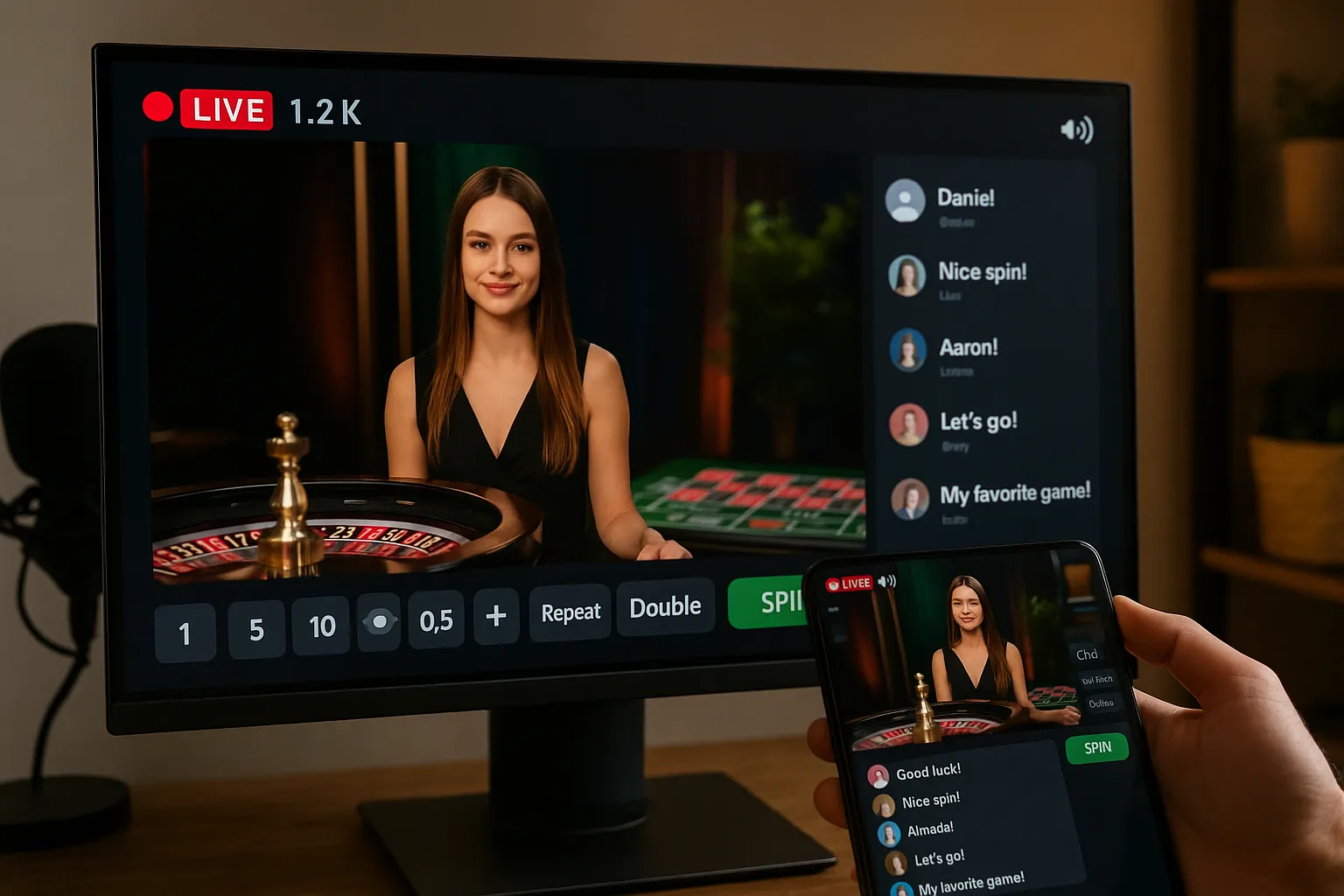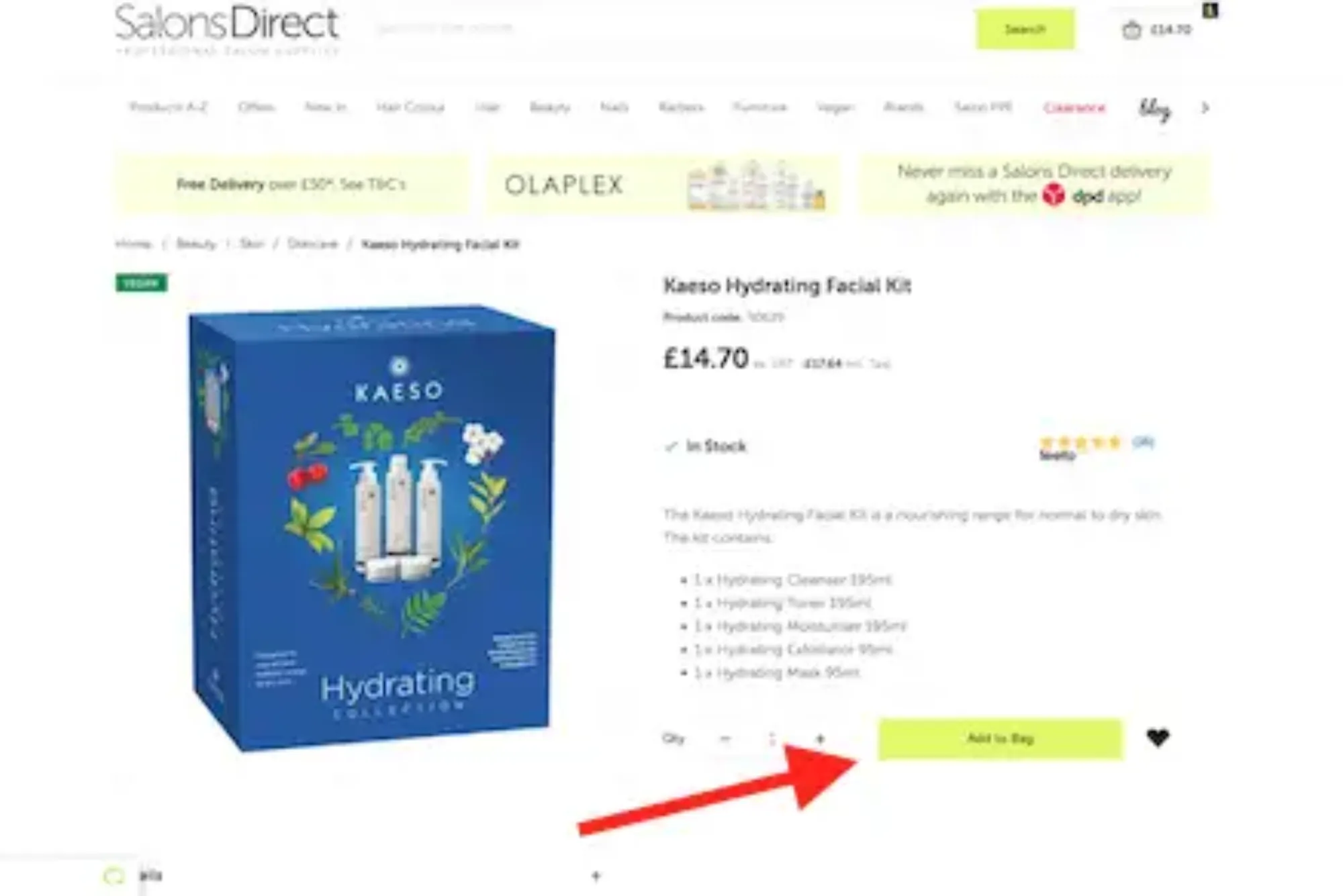I still remember the electric buzz of playing live roulette in a traditional casino, leaning over the green felt table as the croupier spun the wheel and dropped the little white ball. There was something undeniably thrilling about the physical presence of the game. More recently, I’ve spent hours watching live roulette streams from home, marveling at how seamlessly the action translates through my laptop or phone. This blend of digital convenience and real-time human interaction is captivating—but it also raises a crucial question: are these live streams truly random, or is there more to the story? Drawing from my own experiences, expert insights, and practical examples, let’s unpack the mechanics, regulations, and real-world evidence that underpin the fairness of live roulette streams.
How Live Roulette Streams Work
Live roulette streams rely on cutting-edge broadcast technology. A dedicated studio hosts the roulette table and the professional dealer, while multiple high-definition cameras capture every angle of the wheel, ball, and table layout. The video feed is encoded by a streaming server, which broadcasts it to players around the world. On the player’s end, a web or app interface overlays betting options, displays the live chat, and allows seamless interaction with the dealer. Throughout this entire process, the physical wheel does the spinning, and the server simply relays what’s happening in real time.
Underneath the surface, a complex network of hardware and software must remain tightly synchronized. Cameras can’t drop frames, the stream must hold a consistent frame rate, and the betting interface needs to lock the betting window exactly when the dealer calls “no more bets.” Any lag or out-of-sync signals could disrupt the entire ecosystem, which is why licensed studios invest heavily in streaming infrastructure and redundancy.
Ensuring Randomness and Fairness
At the core of the fairness debate is randomness. Traditional roulette wheels undergo rigorous calibration and testing. Technicians measure wheel symmetry, ball speed, and table levels to ensure no bias toward certain pockets. These tests are repeated regularly to detect wear or mechanical drift.
For live streams, the same wheels are used—often in dedicated land-based studios or casino floors. Reputable operators publish audit reports from independent testing bodies like GLI (Gaming Laboratories International) or eCOGRA, which inspect wheel integrity and check that table conditions meet strict standards. You can delve deeper into the specifics of these testing processes through detailed white papers available on sites such as MDT’s technical articles.
When I first investigated one of the top UK Mobile Bookmakers offering live roulette, I discovered that their streaming studio uses ISO-certified equipment and publishes its last calibration date prominently, giving players peace of mind that what they see on screen truly reflects an unbiased mechanical spin.
Licensing and Regulatory Oversight
Nothing speaks louder than a valid gaming license. Live roulette stream providers must secure approvals from authorities such as the UK Gambling Commission, the Malta Gaming Authority, or the Governments of Gibraltar or Isle of Man. Each regulator imposes stringent rules around equipment maintenance, payout transparency, and fair play.
During a recent Q&A session, I asked a compliance officer about the frequency of equipment inspections. They explained that wheels and ball tracks are examined monthly, while complete system audits—including video equipment and betting interfaces—occur quarterly. Any irregularities trigger immediate recalibration or suspension until tests clear the setup.
The Human Factor: Dealers and Security
Unlike RNG-driven online slots, live roulette involves human dealers. While this adds authenticity, it also introduces potential vulnerabilities. To manage this, casinos enforce strict security protocols. Dealers undergo background checks, and cameras cover every angle, ensuring no hidden devices or unauthorized access points. Multiple staff monitor the feed, ready to intervene if any suspicious activity appears.
From my perspective, watching the dealer’s hands under camera scrutiny eliminates much of the guesswork. I’ve even seen on-screen overlays highlighting the last 20 outcomes, allowing players to observe distribution patterns over time and feel confident that no manipulation is taking place off-screen.
Comparing Live Streams to RNG-Based Games
Many players compare live roulette randomness to software-driven RNG games. The key difference is source of randomness. In RNG games, digital algorithms produce outcomes, validated by statistical tests. In live streams, physical mechanics do the job. Each has pros and cons:
-
RNG Roulette runs thousands of spins per second in simulations, with guaranteed statistical distribution over massive samples.
-
Live Roulette Streams deliver genuine physical randomness but depend on equipment calibration and human oversight.
Personally, I find live streams more engaging due to the social element, while RNG games appeal to purists seeking sheer volume of spins.
Player Experiences and Trust Signals
Over hundreds of streamed sessions, I’ve observed patterns that reinforce trust. The live chat often calls out wheel tilts or irregular ball behavior faster than technical staff, prompting swift reviews. Additionally, most platforms offer session replays, so you can review a spin if you suspect irregularities. I once witnessed a minor camera glitch freeze the stream right as the ball landed; the software automatically replayed the critical seconds, confirming the outcome without dispute.
Practical Tips for Choosing a Fair Stream
To ensure you’re playing on a truly random live roulette stream, consider these guidelines based on my real-world tests:
-
Verify the Operator’s License: Check regulatory seals and license numbers—then cross-verify on the regulator’s website.
-
Look for Audit Reports: Platforms serious about fairness publish third-party test results on their site.
-
Check Wheel Calibration Dates: Reputable studios list the last maintenance date near the stream window.
-
Observe Dealer Actions: High-quality streams include multi-camera angles that let you watch the entire spin process.
-
Use Replays if Available: If you spot anything odd, replay the spin segment before accepting the result.
The Future of Live Roulette Streaming
As technology advances, we can expect even more transparency. Upcoming innovations include AI-driven ball-trajectory analysis that overlays predicted landing zones in real time, and blockchain-backed timestamping to create immutable records of each spin. These developments promise to elevate trust to new heights.
Conclusion
From the calibrated wheels in licensed studios to the high-definition streams reaching your device, live roulette is built on proven mechanisms that ensure randomness. While no system is infallible, the combined weight of regulations, independent audits, and layered security protocols delivers a level of fairness that rivals—and in some ways surpasses—pure RNG-based games. By choosing reputable providers, verifying licenses, and leveraging available trust signals, you can enjoy the unique thrill of watching the wheel spin in real time, confident that each outcome is as random as it should be.









